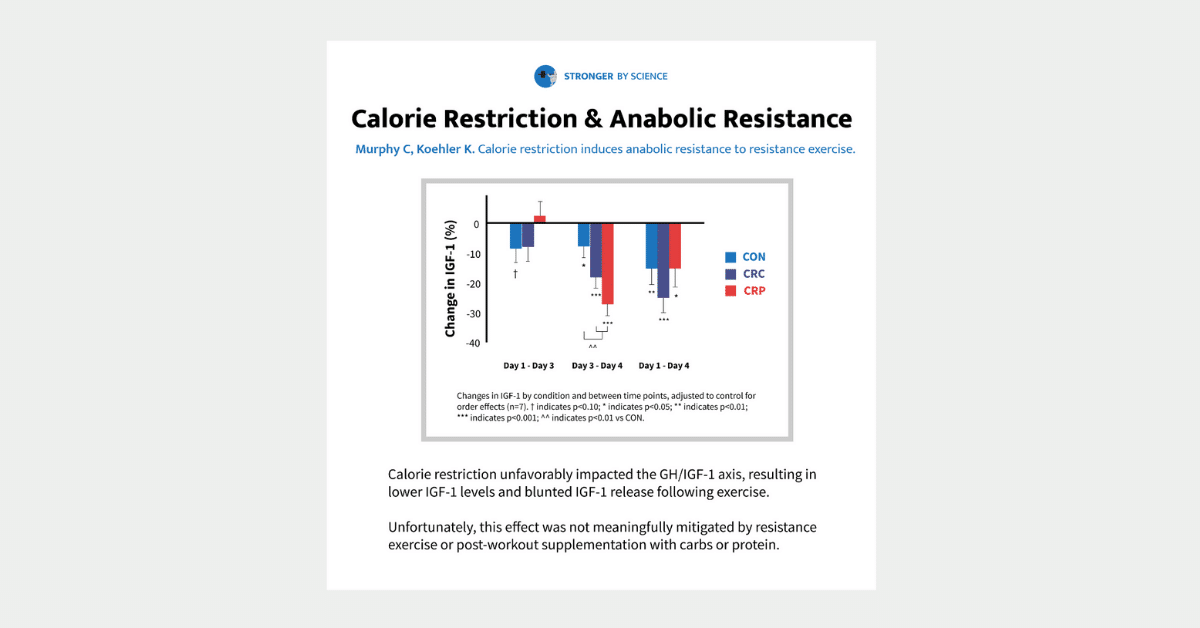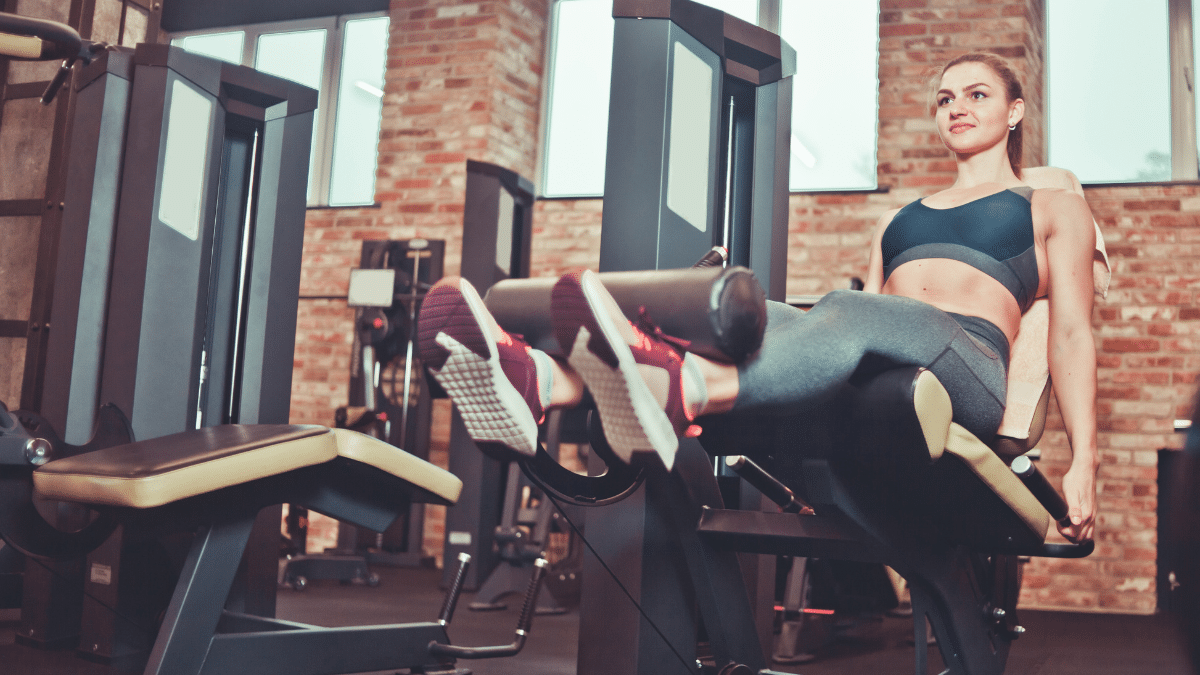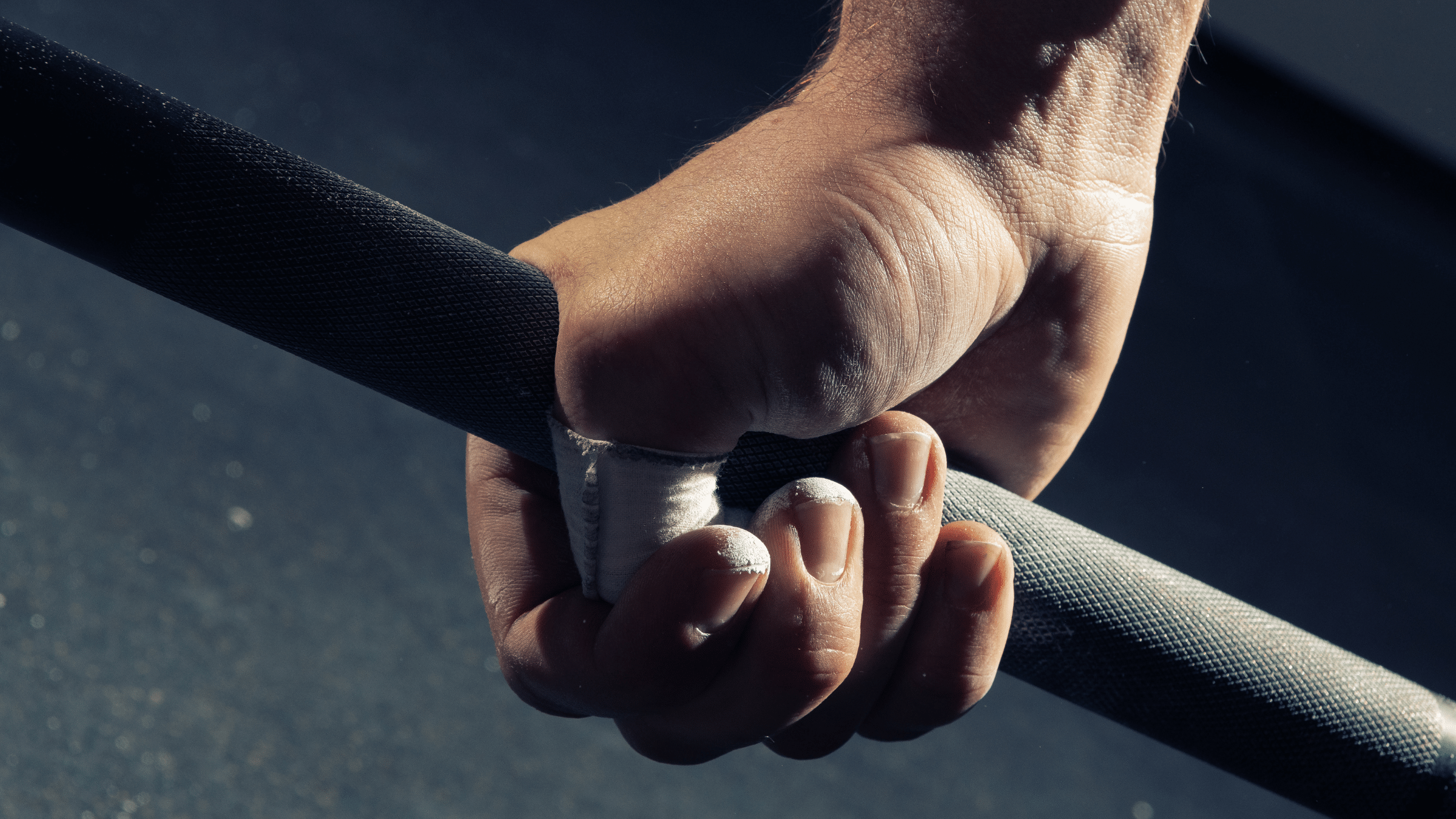Calorie restriction shifts the body toward a more catabolic state; this is great for losing fat, but potentially unfavorable for muscle and bone growth/retention. This recent study investigated endocrine responses to resistance training under very hypocaloric conditions (15 kcals per kg of fat-free mass). Young, resistance-trained men and women completed three different 3-day conditions in random order.
Calorie restriction + post-exercise carbs (CR+CHO).
Calorie restriction + post-exercise protein (CR+PRO).
Energy balance + post-exercise carbs (EB+CHO).
On the third day of each, they completed a barbell squat workout (5×5). Hormones of interest included growth hormone (GH), IGF-1, P1NP (a marker of bone formation), and sclerostin (a marker that opposes bone formation). In both hypocaloric conditions, IGF-1 levels dropped; while the relationship between IGF-1 and muscle growth is complicated, it’s probably not ideal to see a large drop. Sclerostin increased for all conditions prior to resistance training, and increases were slightly larger in the hypocaloric conditions, but values decreased after resistance training. P1NP values were inconsistent and generally non-significant. Protein versus carbohydrate supplementation didn’t have much of an impact on these outcomes.
Click to expand any of the corresponding figures for more info.
The bottom line: Severe caloric restriction induces anabolic resistance, but results suggest that lifting may attenuate this response to some degree. To facilitate muscle and bone mass retention while restricting calories, it’s probably advisable to avoid excessively large caloric deficits, and reasonably heavy resistance training should definitely be part of the plan. Of course, this is a very short-term study (3-day conditions), so more research should be conducted to identify training or nutrition strategies that may help lifters overcome the effects of caloric-induced anabolic resistance on muscle and bone.







